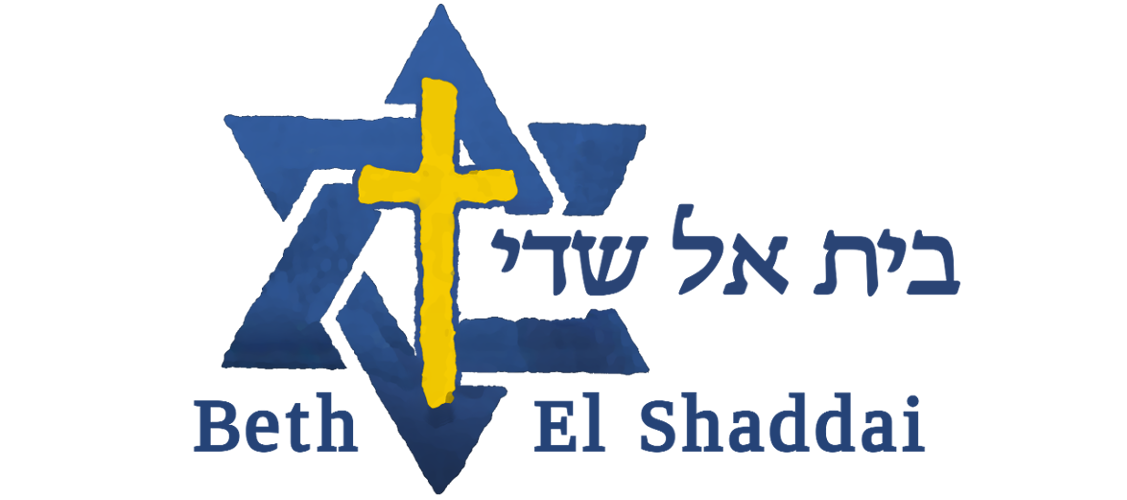Hanukkah Summary
Imagine, if you will, a world dominated by tyranny. A world where worship and Torah are forbidden by law and in their place is mandated polytheism and pagan practice. This is a world divided, one side aligned with the oppressors out of fear and the other standing up against this foreign power that has dared to tell them that the way of life as set by Adonai is now prohibited. This is the Seleucid occupation of Israel.
As Antiochus Epiphanes finds himself falling further and further under Roman control, he struggles to maintain his hold on Judea. His methods are harsh as he begins to strip away Israel’s identity in an effort to reshape them into his Hellenist image. The priesthood is taken from the sons of Aaron and is instead given to priests with no pedigrees who are more than happy to line their new ruler’s pockets.
This world of oppression becomes the stage for rebellion as a small group of Israelites rise up and begin to fight back. Led by Judah, the Maccabees rallied themselves, establishing legions and setting up outposts as they began their guerilla assault on the Seleucids that dared to tell them to change who they were supposed to be. Proving themselves to be adept in battle, the Maccabees pushed on, not stopping until Jerusalem was liberated.
The Temple was in shambles. Idols and vandalism littered the halls and the great menorah had been carted off. Not to be deterred, the Maccabees set about cleaning the grand building, removing all traces of the things that had been brought in to defile and mock Adonai. Even without gold, they fashioned a new menorah and prepared to light the candelabra and fill the Temple with its light again.
It’s a powerful story, some might even call it romantic in its own way. It’s a story we’ve all heard before, the proverbial weakling standing up to the giant wielding nothing more than a rock. It’s a story we all relate to in some form or another as we stare down our own personal oppressors. Even then, there is always a light. There is always a menorah, a lampstand whose light was not expected to last and yet defied that expectation. In this there is freedom. In His light, the occupation by a foreign power is ended.

